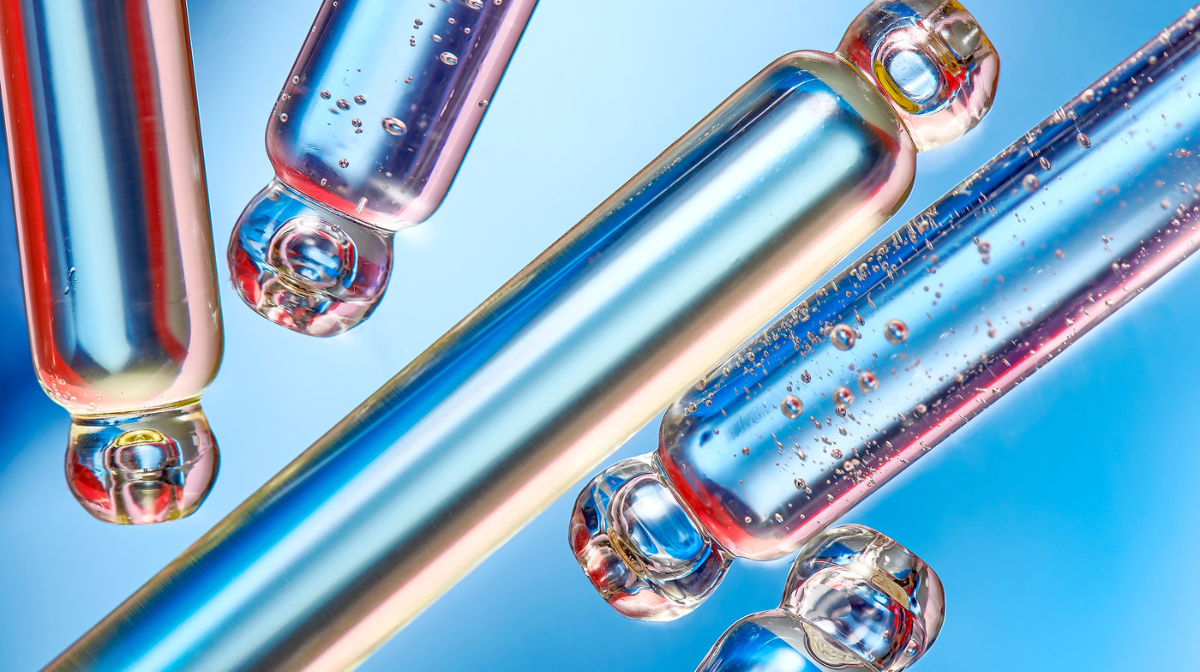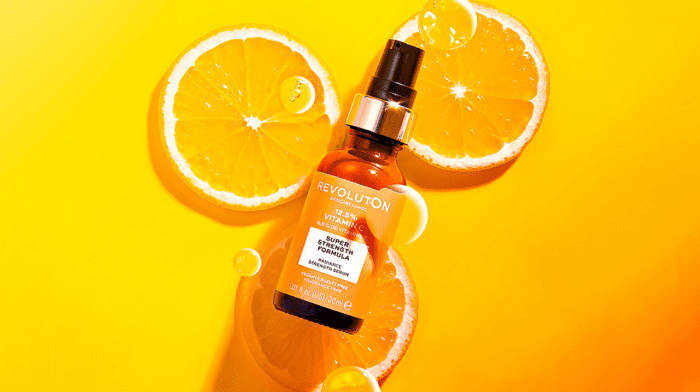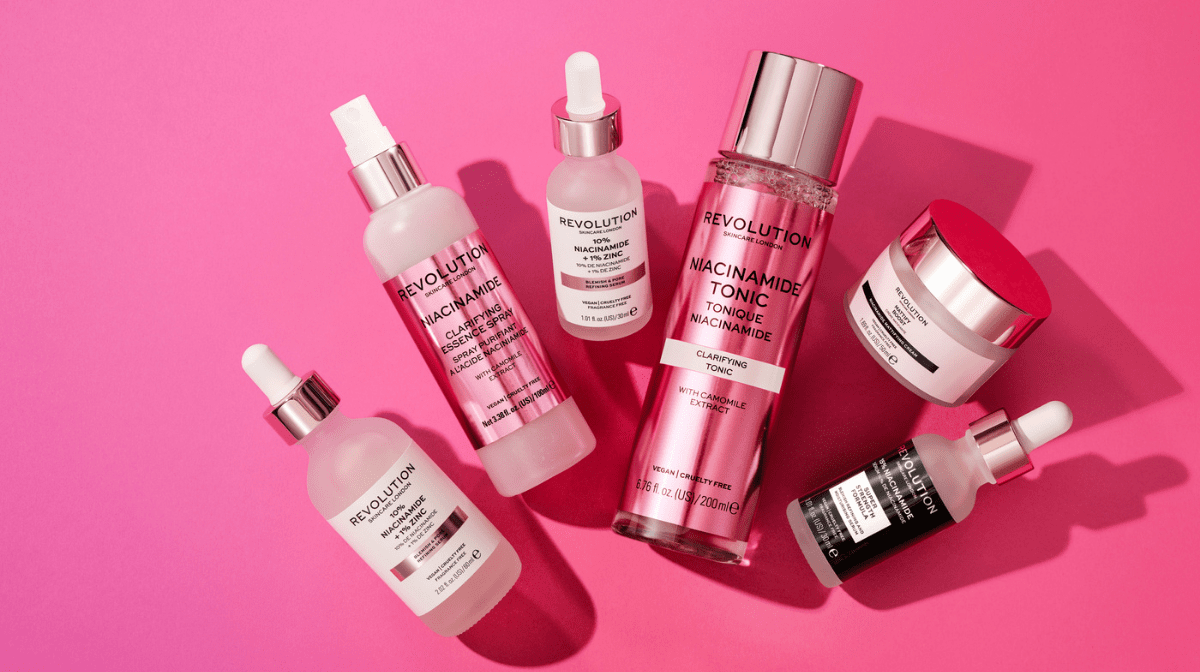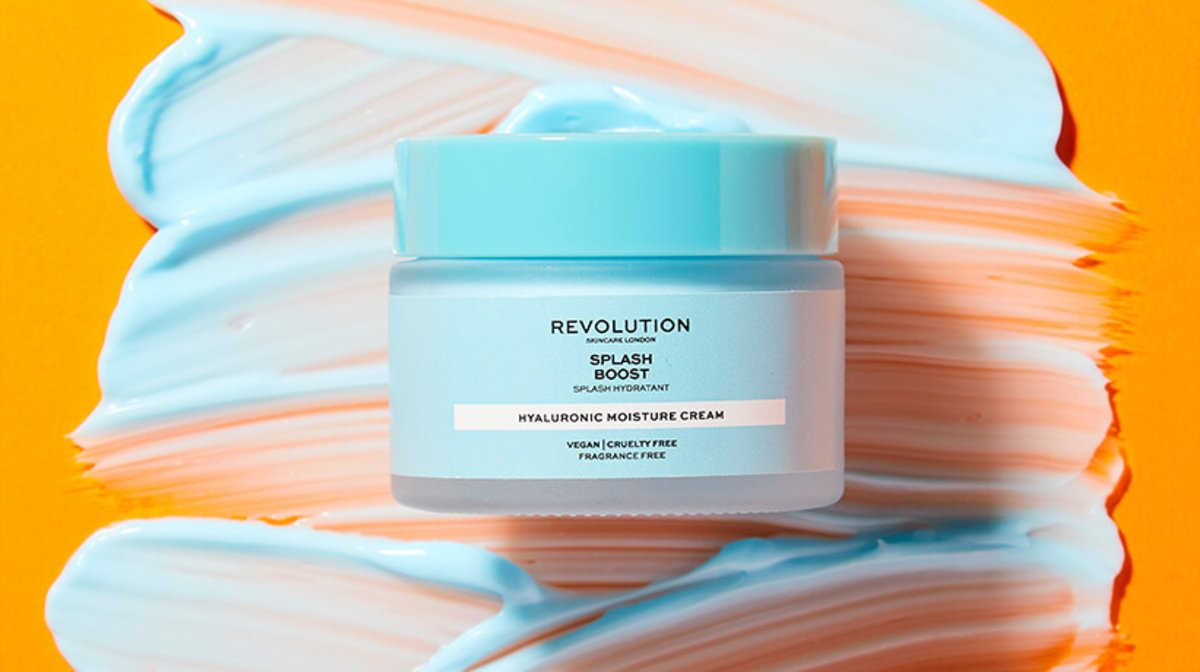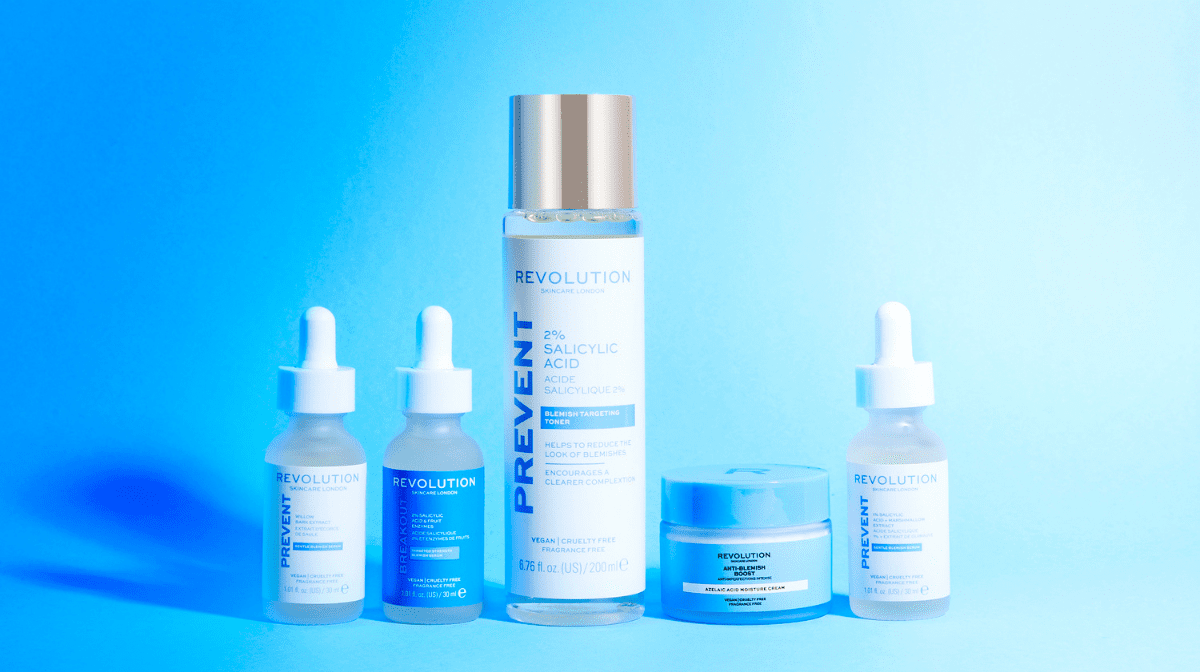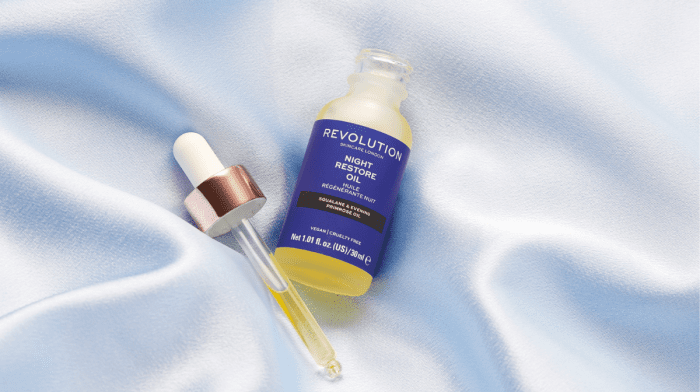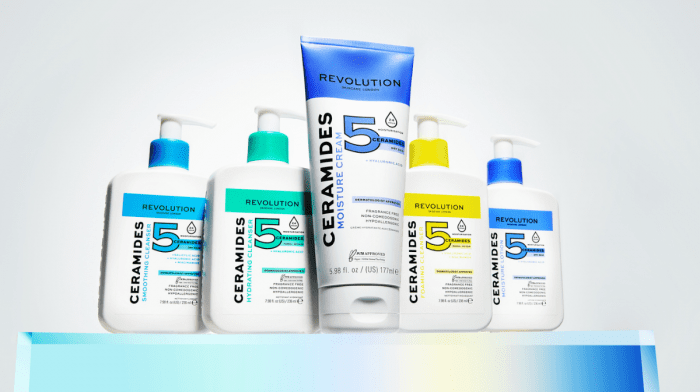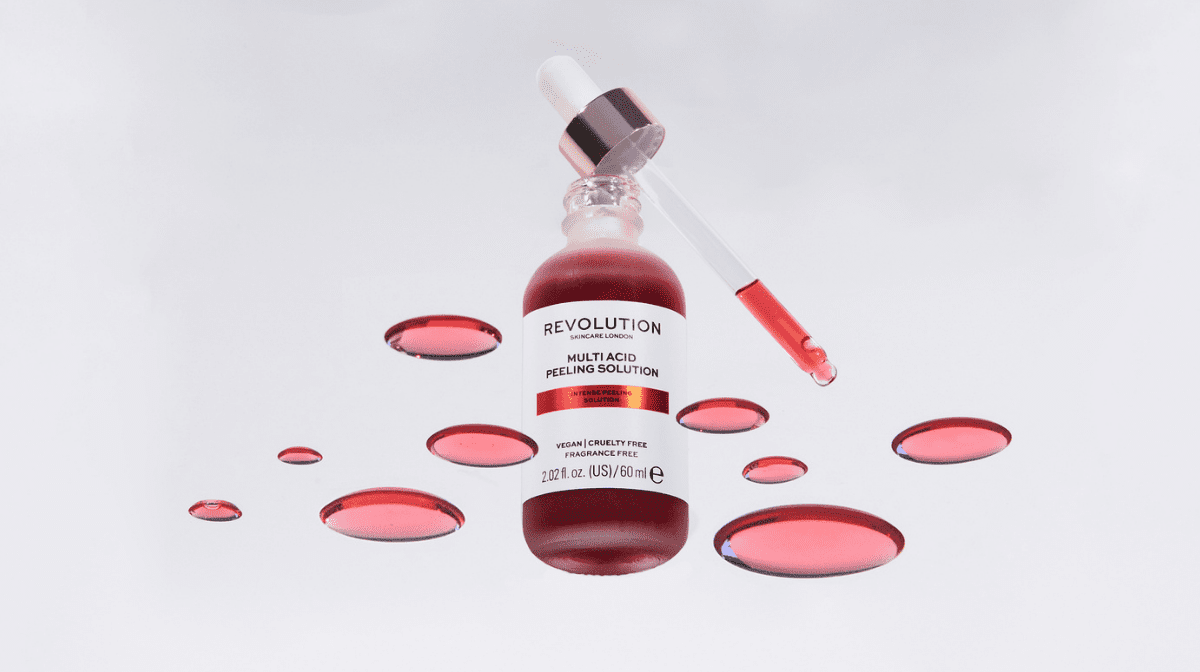Whether you’re a skincare newbie or expanding your regime, it can be tricky to know which skincare actives work harmoniously together, and which ones are a no-go. After all, the goal is beautiful, healthy-looking skin, so it’s essential to make sure your products are a good match.
Check out our ultimate skincare ingredient checker and discover which skincare products should not be mixed, and which ones will help your skin to thrive!
What Skincare Actives to Not Mix
With skincare actives present in nearly every step of your routine, from cleanser to moisturizer, it’s crucial to understand which ingredients may be counteracting the efforts of your other products.
It can seem like a minefield, which is why at Revolution Skincare, we’ve got your back!
Once you’ve established how to layer your skincare, it’s time to select ingredients that target concerns and help promote a healthy-looking, radiant appearance, avoiding certain actives clashing with our simple guide:
Skincare Ingredient Checker:
Expert Tip: Many of these popular skincare ingredients can leave skin more sensitive to the sun’s UV rays. To ensure your skin is protected, complete every morning skincare routine by applying SPF!
Retinol
We’ll start with one of cosmetic scientists’ fave skincare ingredients: Retinol. The only catch is that if used incorrectly, it can lead to skin irritation.
The benefits of Retinol when used correctly include:
- Targets acne
- Improves the appearance of fine lines and wrinkles
- Reduces hyperpigmentation
- Smooths uneven texture
What can you mix with Retinol?
Hyaluronic Acid: Retinol and Hyaluronic Acid are two skincare ingredients that can be used together. Hyaluronic Acid is a humectant ingredient which helps keeps the skin moisturized. Since Retinol’s powerful anti-aging properties can lead to dryness, it’s important to top up with a hydrating ingredient to avoid any adverse effects.
What not to mix with Retinol:
Vitamin C: Can you use Vitamin C and Retinol together? You can use these two ingredients at opposite times of day, but not together in the same routine. This is because Retinol works to repair the skin while Vitamin C functions to protect it during the day – we recommend using Vitamin C in your morning routine, and Retinol at night.
AHAs/BHAs: Since these acids have exfoliating properties, they can be drying on the skin. Teamed with Retinol which can also dry out the skin if used incorrectly, the combination can leave skin feeling stripped of moisture and very sensitive.
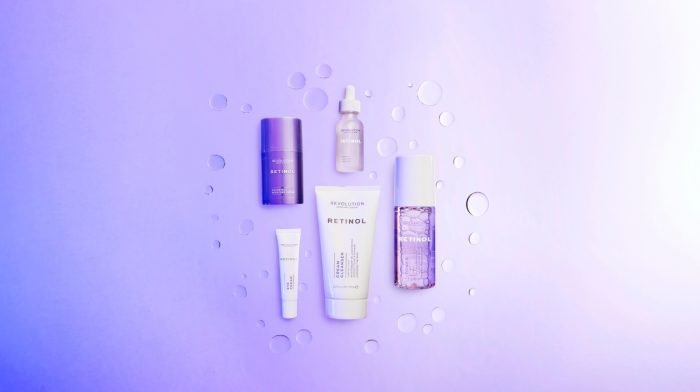
A Cosmetic Scientist's Guide to Retinol
From what it is, to what it does for our skin, find out everything you need to know about the benefits of Retinol!
